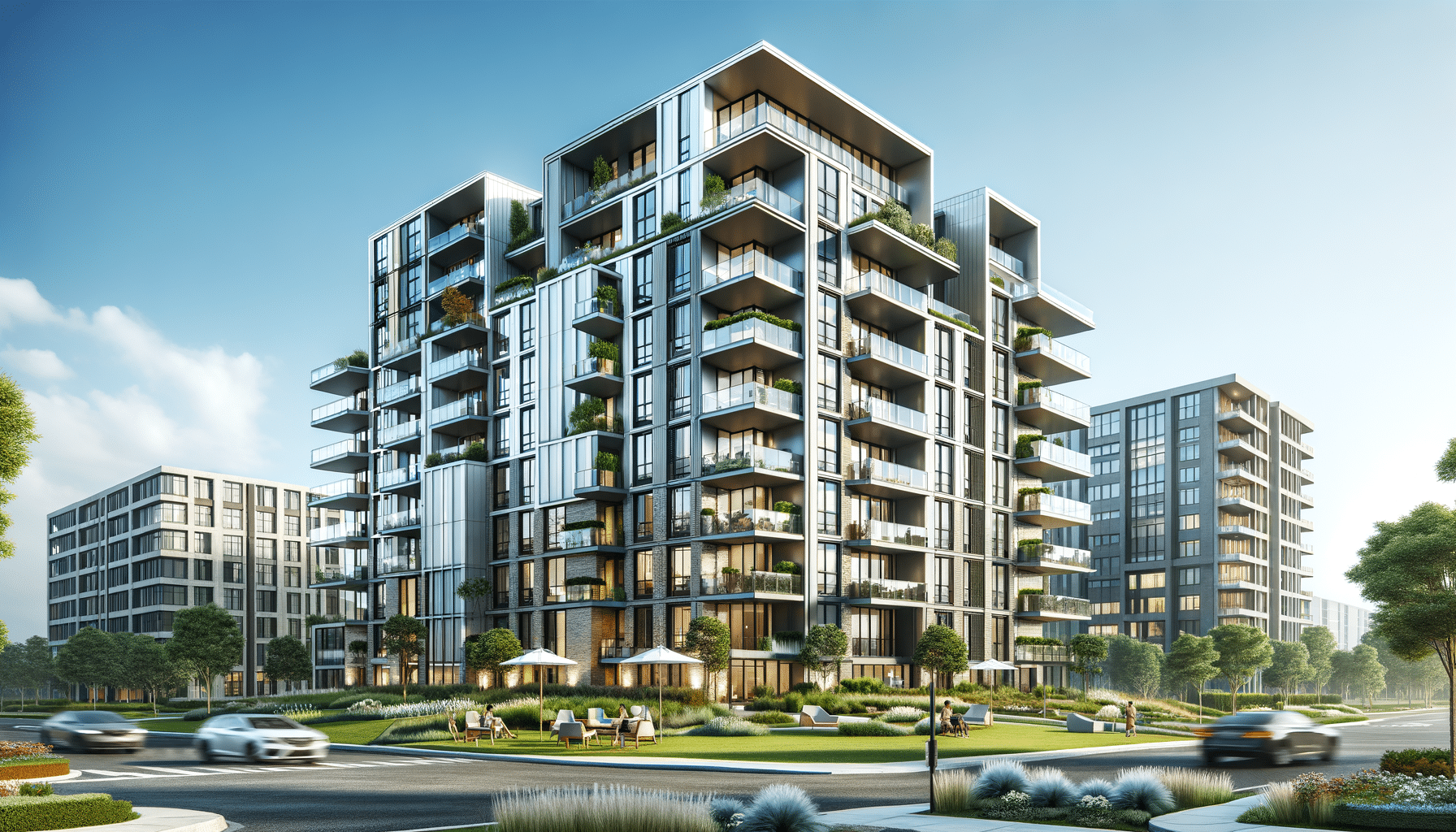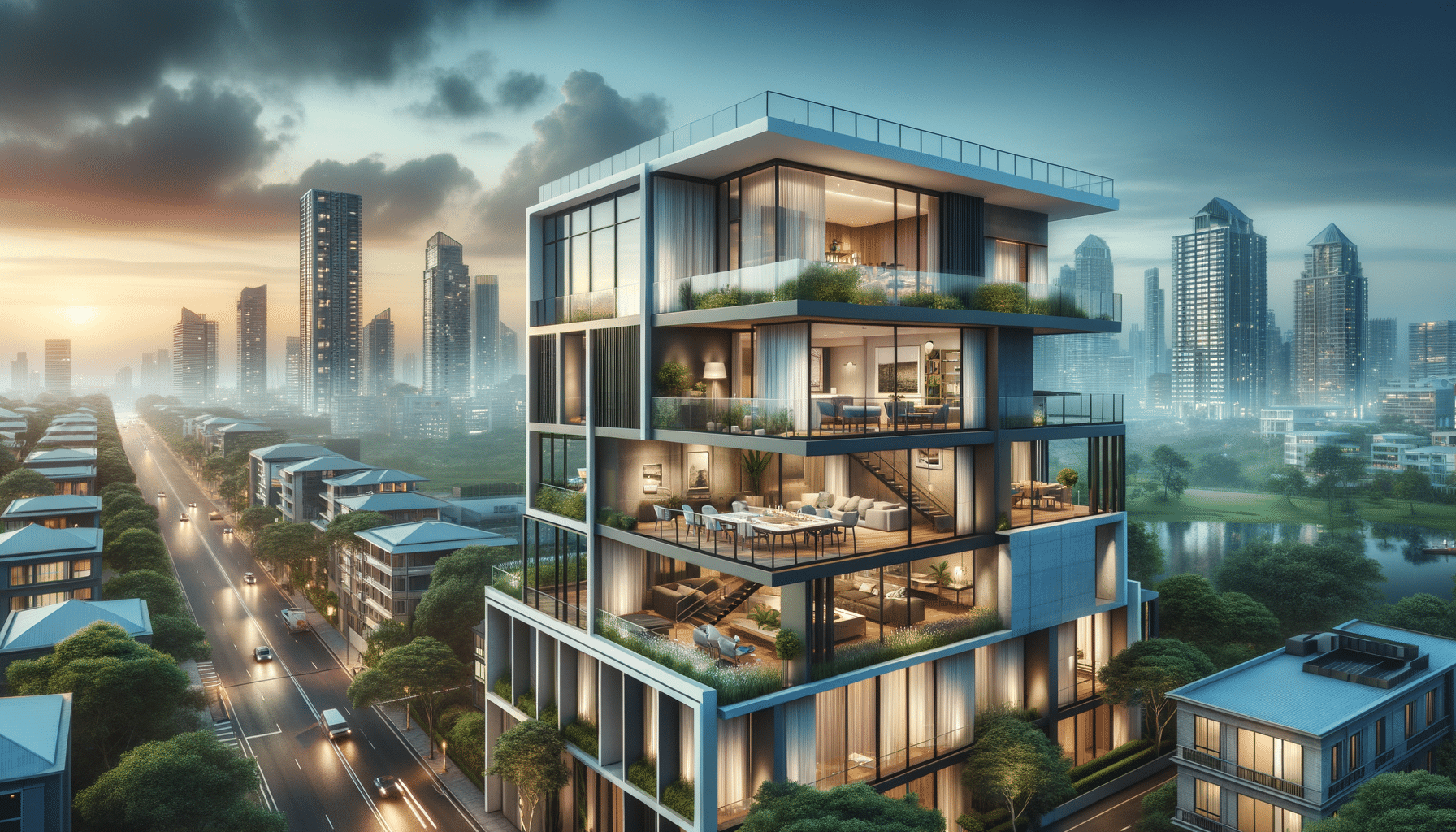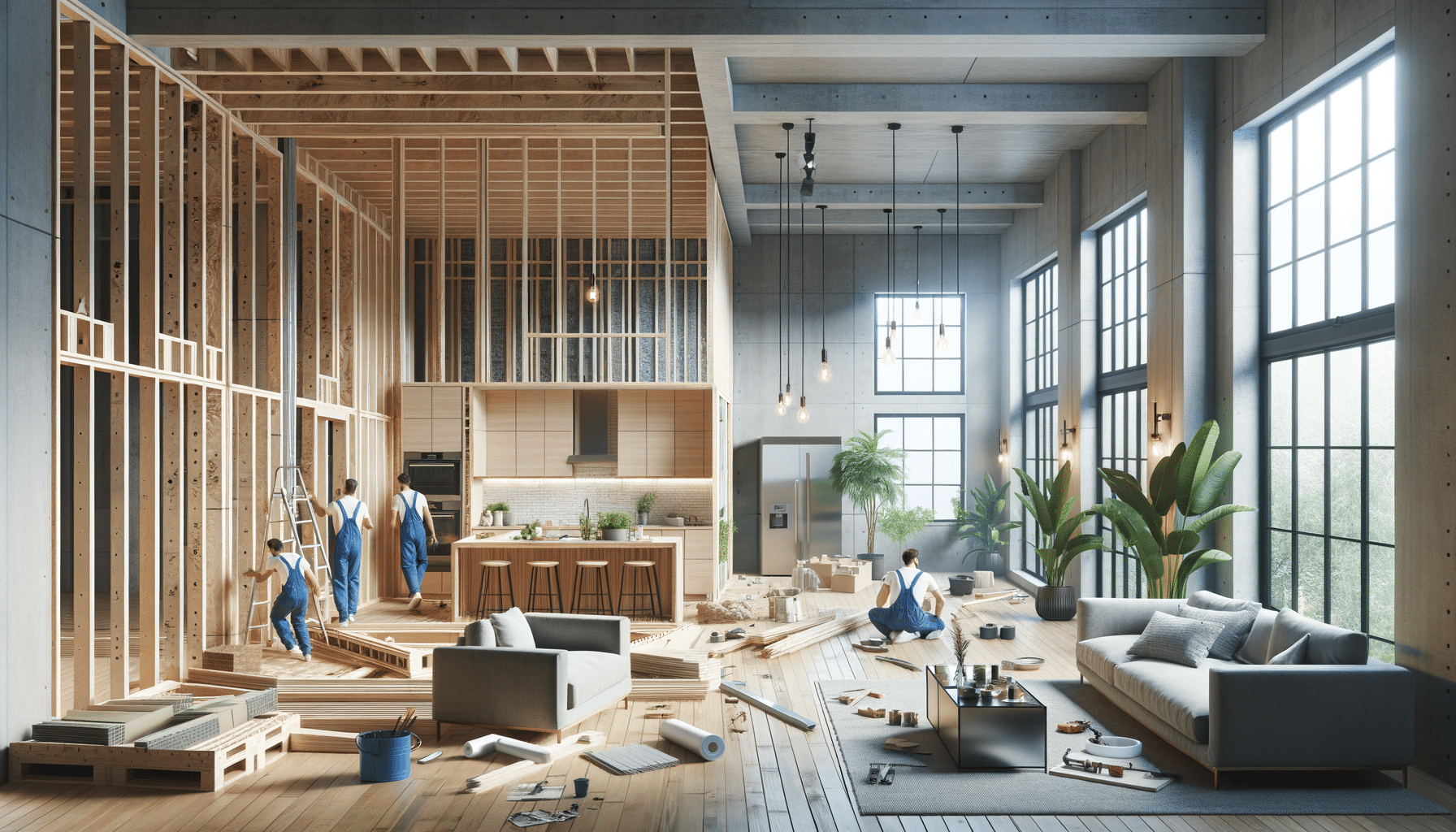
Modern Apartments Available in Prime Location
Introduction to Renting Apartments
In today’s fast-paced world, the demand for rental apartments continues to rise, driven by urbanization and the need for flexible living arrangements. Renting offers numerous advantages, including the ability to live in desirable locations without the long-term commitment of purchasing property. This article explores the various aspects of renting apartments, providing insights into why this lifestyle choice is increasingly popular and what potential renters should consider.
Benefits of Renting an Apartment
Renting an apartment offers a range of benefits that appeal to many individuals and families. One of the primary advantages is flexibility. Renters have the freedom to move to different locations without the burden of selling a property. This is particularly beneficial for those who frequently relocate for work or personal reasons.
Additionally, renting often requires a lower upfront cost compared to buying a home. Renters typically need to pay a security deposit and the first month’s rent, which is significantly less than a home down payment. This financial flexibility allows individuals to allocate their resources to other priorities, such as travel or education.
Furthermore, renting an apartment often includes amenities that enhance the living experience. Many modern complexes offer features such as gyms, pools, and communal spaces, providing a convenient and enjoyable lifestyle. These amenities can save renters money and time, as they are often included in the rental agreement.
Considerations When Renting
While renting offers many benefits, there are important considerations to keep in mind. Location is a crucial factor, as it affects commute times, access to services, and overall quality of life. Prospective renters should evaluate the proximity to work, schools, and essential amenities when choosing an apartment.
It’s also important to understand the terms of the lease agreement. This includes the duration of the lease, rent increase policies, and any additional fees. Being aware of these details helps avoid unexpected costs and ensures a smooth renting experience.
Another consideration is the condition of the apartment. Conducting a thorough inspection before signing the lease can prevent future disputes with the landlord. Renters should check for issues such as plumbing, electrical systems, and overall cleanliness.
Financial Aspects of Renting
Renting an apartment involves several financial aspects that need careful consideration. The monthly rent is the most obvious cost, but renters should also account for utilities, internet, and other services that may not be included in the rent.
Budgeting for these expenses is crucial to ensure financial stability. Renters are encouraged to allocate a portion of their income to cover unexpected costs, such as repairs or replacements that might not be covered by the landlord.
Renters should also consider renters insurance, which provides protection against damage or theft of personal belongings. This insurance is generally affordable and offers peace of mind, especially in areas prone to natural disasters or high crime rates.
The Future of Apartment Renting
The future of apartment renting looks promising, with trends indicating a shift towards more sustainable and technology-driven living spaces. Developers are increasingly incorporating eco-friendly features, such as energy-efficient appliances and green building materials, to attract environmentally conscious renters.
Technology is also playing a significant role in the rental market. Smart home devices, such as automated lighting and security systems, are becoming standard in many modern apartments. These features not only enhance convenience but also improve safety and energy efficiency.
As urban areas continue to grow, the demand for rental apartments is expected to increase. This trend presents opportunities for both renters and developers to innovate and adapt to changing preferences and needs.


